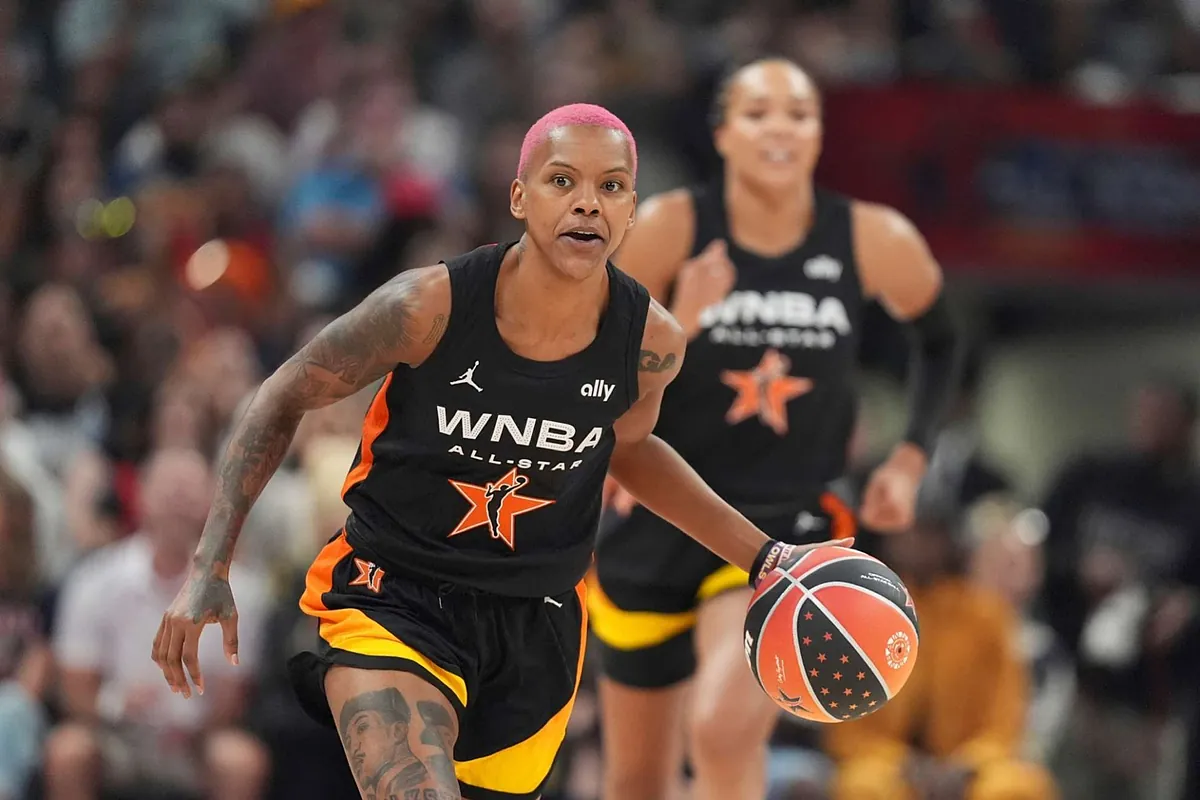As professional women's sports continue to grow in visibility and influence, marketing campaigns aimed at celebrating female athletes face increasing scrutiny.
The recent col
Why it matters
- The visibility of professional women's sports is on the rise, leading to new opportunities for female athletes.
- Marketing strategies are increasingly being evaluated for their authenticity and impact.
- Female athletes are not just players; they are role models and influencers, shaping societal views on gender equality in sports.
As the realm of professional women's sports expands, so too does the visibility and influence of female athletes. This surge in prominence is drawing attention not only from fans but also from marketers who aim to tap into this growing market. However, along with this increased visibility comes a wave of scrutiny regarding the marketing campaigns designed to celebrate these athletes.
In recent years, the women's sports sector has witnessed a remarkable transformation. High-profile events and tournaments are now routinely broadcast to vast audiences, showcasing the talent and competitive spirit of female athletes. This newfound attention provides an excellent platform for brands looking to connect with a diverse audience. Yet, the challenge lies in how these brands choose to represent female athletes in their marketing strategies.
Critics argue that as companies seek to capitalize on the burgeoning interest in women's sports, they must tread carefully. The narrative portrayed in marketing campaigns is under constant examination, with expectations for authenticity and genuine support for the athletes involved. Audiences increasingly demand that brands not only promote female athletes but also advocate for gender equality and empowerment within the sports industry.
For example, campaigns that aim to uplift female athletes should prioritize their stories, experiences, and achievements over superficial portrayals. There is a growing recognition that empty gestures or tokenism can backfire and damage a brand's reputation. Authenticity is key; audiences can quickly spot disingenuous marketing efforts, especially when they juxtapose the realities faced by women in sports.
Moreover, the pressure on brands to develop innovative and respectful marketing strategies is heightened by the rise of social media. Platforms like Instagram and Twitter allow athletes to share their personal journeys and connect directly with fans, further amplifying their voices. This shift has empowered female athletes to take control of their narratives, making it crucial for brands to align their messaging with the values and aspirations of these athletes.
Notably, this scrutiny is not limited to the marketing strategies of corporate sponsors. The media's portrayal of women's sports and female athletes also plays a significant role in shaping public perception. The narratives constructed by journalists and broadcasters can either uplift or undermine the hard work and dedication of these athletes. Thus, the responsibility lies not just with marketers but also with the media to create a balanced and respectful representation of women's sports.
The complexities of marketing in women's sports extend beyond just messaging; they encompass broader societal issues as well. Female athletes often face unique challenges, such as unequal pay, limited resources, and lack of media coverage compared to their male counterparts. As such, marketing campaigns that genuinely support these athletes can contribute to a larger movement advocating for equality and justice in sports.
Brands that successfully navigate this landscape can benefit significantly from their association with female athletes. Not only do they stand to gain a loyal customer base, but they also position themselves as leaders in the push for gender equality within the sporting world. The potential for partnerships with organizations advocating for women's rights and initiatives supporting young female athletes is vast, creating a rich tapestry of opportunities for brands willing to invest in authentic representation.
As the dialogue around women’s sports continues to evolve, it is clear that the intersection of marketing and female athletics is a space ripe for innovation and change. Marketers must adapt to the growing demands for authentic representation while recognizing the profound impact their campaigns can have on societal views of women in sports. In this dynamic environment, the success of marketing campaigns will increasingly depend on their ability to resonate with the athletes they seek to celebrate, ensuring that their contributions to the sports world are recognized and honored.
In conclusion, the landscape of marketing in women's sports is undergoing a transformation that reflects broader cultural changes. As female athletes gain visibility, the responsibility for brands to engage meaningfully with these athletes and their stories becomes paramount. The future of sports marketing will depend on a commitment to authenticity, respect, and genuine advocacy for gender equality.











